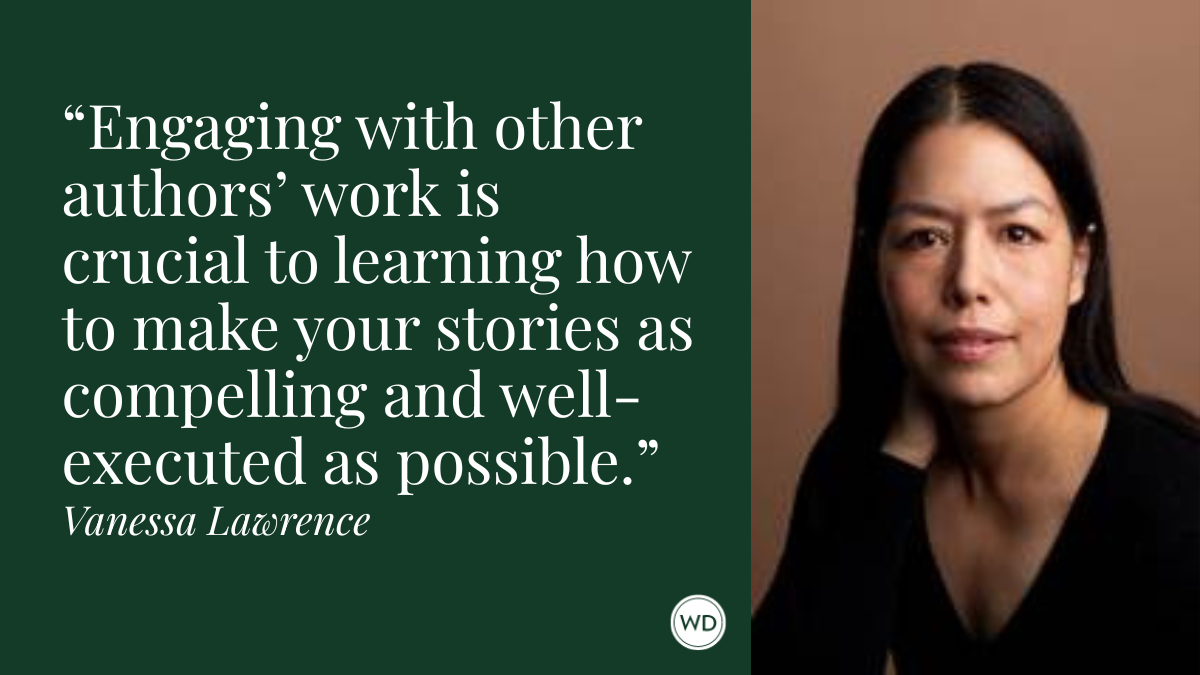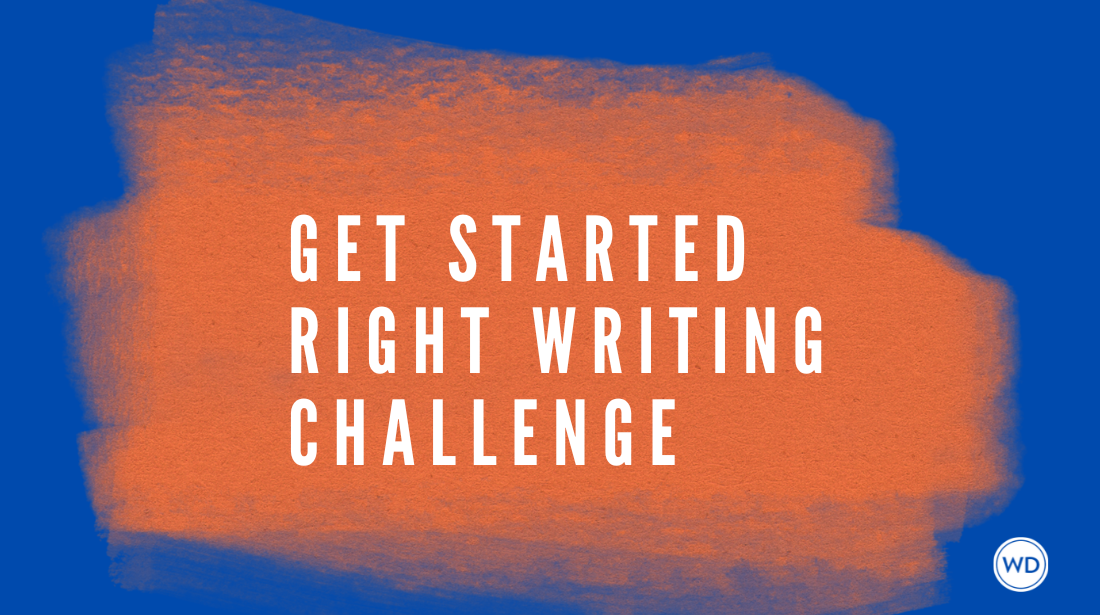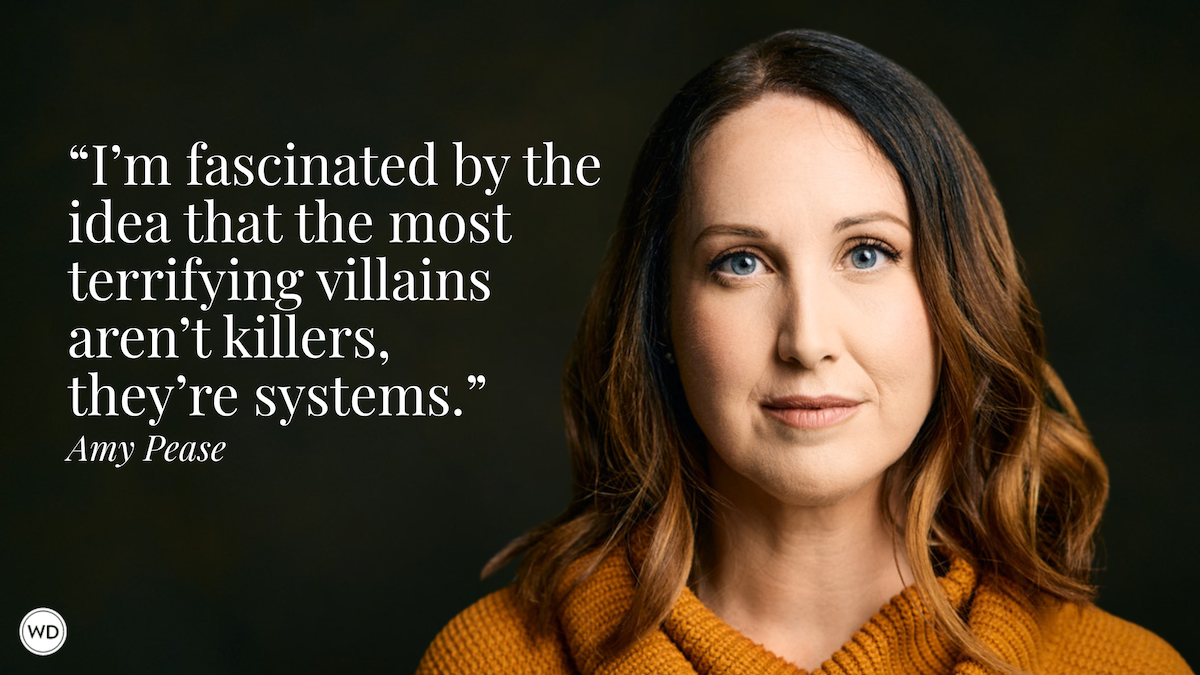Can Your Day Job Lead to Better Writing?
For some writers, a day job is a means to an end—and something they dream of one day quitting to pursue a dream of writing full time. (So much so…
For some writers, a day job is a means to an end—and something they dream of one day quitting to pursue a dream of writing full time. (So much so that here at WD, we get the “When do you think I should quit?” question from our readers all the time. If this is something you’ve been pondering, I recommend this oldie-but-goodie WD article from career nonfiction writer Jeff Yeager: “10 Questions Writers Must Ask Before Quitting Their Day Job.”)
But for other writers, a day job can actually fuel a writing career, whether that’s by developing skills that are helpful to the business of writing (marketing, for instance), by developing subject matter expertise that comes in handy in their work (I’ve noticed this is especially helpful for writers in the legal or medical professions), or by simply providing plenty of fodder for lifelike characters and plotlines (the creators of “The Office” and Office Space certainly thought so).
I recently had the amazing opportunity to interview Patricia Cornwell for the October issue of Writer’s Digest, and we discussed how her path to becoming the world’s No. 1 bestselling crime writer began with, you guessed it, a day job—in a morgue that inspired her iconic series protagonist, medical examiner Dr. Kay Scarpetta. In our conversation, she offered up this advice for writers struggling to get a break:
I would say that if you’ve had repeated failures, for God’s sake get a job, do something to keep bread on the table. I worked in the morgue for six years, because I had so many failures. And if there really is a Scarpetta out there watching over me, she knew I needed to do that to be qualified to write about her. She says, “I hate to do this to you, but I’m going to whack you in the leg so you can’t go anywhere, because you don’t have a clue, girl. You need to be down here every day going to the labs, going to the morgue, going to crime scenes, riding with the detectives, going to court. And then, maybe, you can begin to have a concept of what it’s like to be me, and then I’ll let you tell my story.” And she still does that to me.
(To read our full interview with the smart, insightful and encouraging Cornwell, you can find the October Writer's Digest online and on newsstands everywhere now, or download it instantly right here.)
Last week’s Labor Day holiday here in the U.S. inspired Open Road Media to put together a video featuring successful authors discussing the day jobs they’ve worked in the course of getting where they are today—and it’s an inspiring montage worth watching any day of the year. I especially enjoyed novelist David Corbett—a contributor to Writer’s Digest (check out his creative writing exercises in "25 Ways to Improve Your Writing in 30 Minutes a Day")—discussing his time as a private investigator (which put me in mind of HBO’s “Bored to Death”—maybe truth really is stranger than fiction!). Take a look:
Have your day jobs led to better writing? Or do you daydream about quitting, or switching to a new career? Would you really rather write full time? Leave a comment and share your thoughts below—we’d love to continue the discussion.
Jessica Strawser
Editor, Writer’s Digest Magazine
Follow me on Twitter: @jessicastrawser
Like what you read from WD online? Subscribe today, so you’ll never miss an issue in print!
Jessica Strawser is editor-at-large for Writer's Digest and former editor-in-chief. She's also the author of several novels, including Not That I Could Tell and Almost Missed You.







